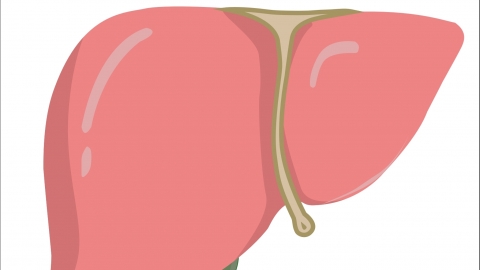What should patients with gallbladder polyps avoid eating?
Patients with gallbladder polyps should avoid high-fat foods, high-cholesterol foods, spicy and irritating foods, alcoholic beverages, as well as fried and greasy foods. If the polyp increases in size or abdominal pain occurs, prompt consultation with a hepatobiliary surgeon is recommended.

1. High-fat foods: such as fatty meats, animal organs, butter, cream, etc. These foods stimulate excessive bile secretion from the gallbladder, increasing its workload and potentially triggering biliary colic, which is detrimental to stabilizing the condition of the polyp.
2. High-cholesterol foods: including animal brains, excessive egg yolks, crab roe, fish roe, etc. Excessive cholesterol intake may lead to deposition, increase metabolic strain on the gallbladder, and even affect the nature of the polyp; therefore, intake must be strictly controlled.
3. Spicy and irritating foods: such as chili peppers, Sichuan pepper, mustard, curry, etc. These can irritate the gastrointestinal tract and gallbladder, possibly causing gallbladder spasms, abdominal discomfort, and increased physical burden for patients with polyps.
4. Alcoholic beverages: such as white liquor, beer, red wine, etc. Alcohol directly damages liver function, affects bile secretion and excretion, indirectly stimulates the gallbladder, and may accelerate polyp growth or trigger cholecystitis.
5. Fried and pan-fried foods: such as fried chicken, youtiao (fried dough sticks), French fries, etc. These foods are high in fat and require large amounts of bile for digestion, leading to frequent gallbladder contractions that may cause abdominal pain and hinder disease control.
Daily care should include maintaining regular meal times, avoiding overeating or prolonged fasting, choosing light and easily digestible cooking methods, undergoing regular abdominal ultrasound follow-ups to monitor changes in the polyps, and adjusting diet and lifestyle according to medical advice.




